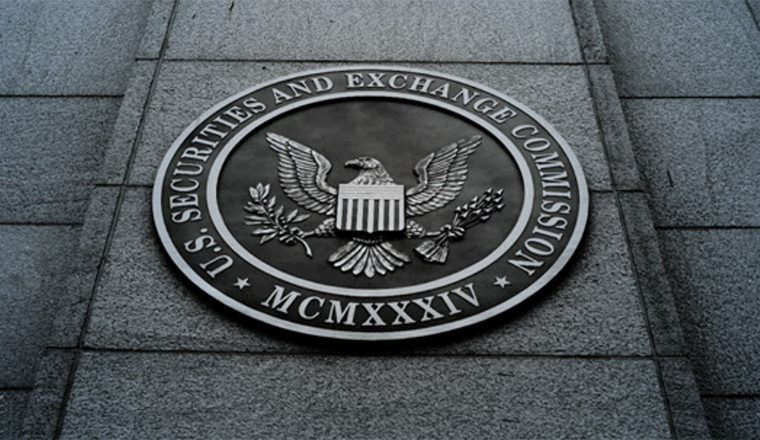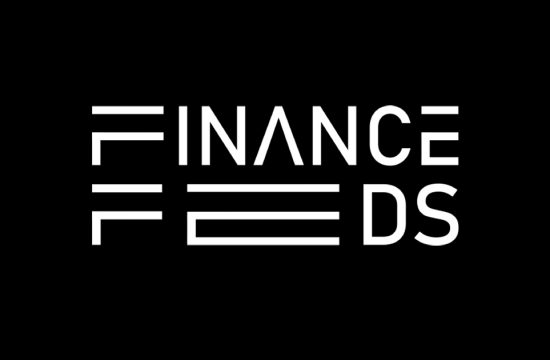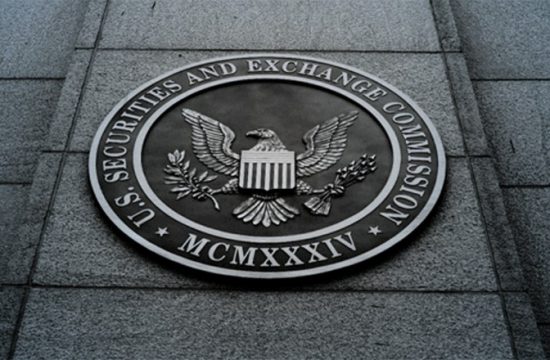The U.S. Securities and Exchange Commission (SEC) has settled charges against Rari Capital, Inc. and its co-founders, Jai Bhavnani, Jack Lipstone, and David Lucid.
In the SEC’s words, Rari Capital is a “supposed” decentralized finance (DeFi) protocol, and the regulator “will not be deterred by someone labeling a product as decentralized and autonomous.
Looking beyond the labels to the economic realities, the US financial watchdog found that the DEX platform and its founders face misled investors and engaged in unregistered broker activities while managing crypto assets worth over $1 billion through blockchain-based investment platforms.
The SEC has also charged Rari Capital for conducting unregistered securities offerings tied to its investment platforms, including Earn pools and Fuse pools – products that allowed investors to deposit crypto assets into lending pools in exchange for profits, representing unregistered offers and sales of securities, according to the SEC’s complaint.
Rari Capital was not that “autonomous” and overstated returns
The agency claims Rari Capital falsely promoted the Earn pools’ ability to autonomously maximize yields while failing to disclose manual intervention requirements. The misleading promotions also overstated returns, with many investors suffering losses after fees. Rari Capital’s unregistered broker activity extended to the Fuse platform, where users could create lending pools.
Additionally, Rari Capital Infrastructure LLC, which took over operations in 2022, settled charges for continuing unregistered securities offerings and broker activities. The SEC’s investigation was led by its Crypto Assets and Cyber Unit, based in San Francisco.
Monique C. Winkler, Director of the SEC’s San Francisco Regional Office, said: “We allege that Rari Capital and its co-founders misled investors about both the features and profitability of certain of the crypto asset investments Rari Capital offered, and acted as unregistered brokers. We will not be deterred by someone labeling a product as “decentralized” and “autonomous,” but instead will look beyond the labels to the economic realities, as we did here, and hold the individuals behind crypto products and platforms accountable when they harm investors and violate the federal securities laws.”
SEC plans to sue DeFi giant Uniswap
The SEC is just beginning its DeFi crackdown as the regulator is widely expected to charge Uniswap in the near future, having already sent a Wells notice to the decentralized exchange in April. A few weeks later, Uniswap implored the SEC in legal filings to reconsider its planned lawsuit, arguing that it was not justified.
CFTC fined Uniswap earlier this month
Earlier this month, the CFTC already fined Uniswap $175 million for illegally offering leveraged or margined retail commodity transactions in digital assets via a decentralized digital asset trading protocol.
The financial watchdog recognized Uniswap Labs’ substantial cooperation with the Division of Enforcement’s investigation of this matter in the form of a reduced civil monetary penalty.
According to the CFTC, Uniswap Labs helped develop and deploy a blockchain-based digital asset protocol, allowing non-Eligible Contract Participants and institutional users in the U.S. and abroad to trade digital assets using the Ethereum blockchain. The protocol enables users to create and trade using liquidity pools, which are pairs of digital assets valued against each other.
To facilitate access, Uniswap Labs created and maintained a web interface for users to trade in hundreds of liquidity pools on the protocol. Some of these pools included leveraged tokens, offering users leveraged exposure to assets like Ether and Bitcoin.
The order found that these leveraged tokens qualify as margined commodity transactions that didn’t result in actual delivery within 28 days. As such, they can only be offered to non-eligible Contract Participants through a board of trade registered by the CFTC, which Uniswap Labs was not.
CFTC Commissioners Summer K. Mersinger and Caroline D. Pham issued dissenting statements regarding the CFTC’s settlement with Uniswap Labs.
Mersinger criticized the CFTC’s “regulation through enforcement” approach, stating that the Commodity Exchange Act (CEA) was written for traditional, centralized markets, not decentralized protocols like Uniswap. She argued that instead of providing clear guidance or rulemaking for DeFi, the Commission is relying on enforcement actions, which could drive innovation overseas and leave U.S. markets vulnerable to bad actors. Mersinger also expressed concern over the settlement’s penalty, calling it disproportionate and warning that it could discourage compliance efforts by DeFi platforms. She pointed out that Uniswap had attempted to block certain leveraged tokens, but the CFTC still penalized the platform for the period before those tokens were blocked. She questioned the agency’s priorities, emphasizing that no customer harm or fraud was alleged in the case.
Pham’s dissent focused on the lack of clarity surrounding the “leveraged tokens” in question, stating that without specific details, the CFTC’s jurisdiction over the case was unclear. She argued that the CFTC’s enforcement action was legally unsupported and could set a dangerous precedent for both DeFi and traditional commodity markets, potentially stifling innovation and putting small businesses at risk.
Both commissioners urged the CFTC to engage in rulemaking rather than relying on enforcement actions to address DeFi, highlighting the need for regulatory clarity to promote responsible innovation.










